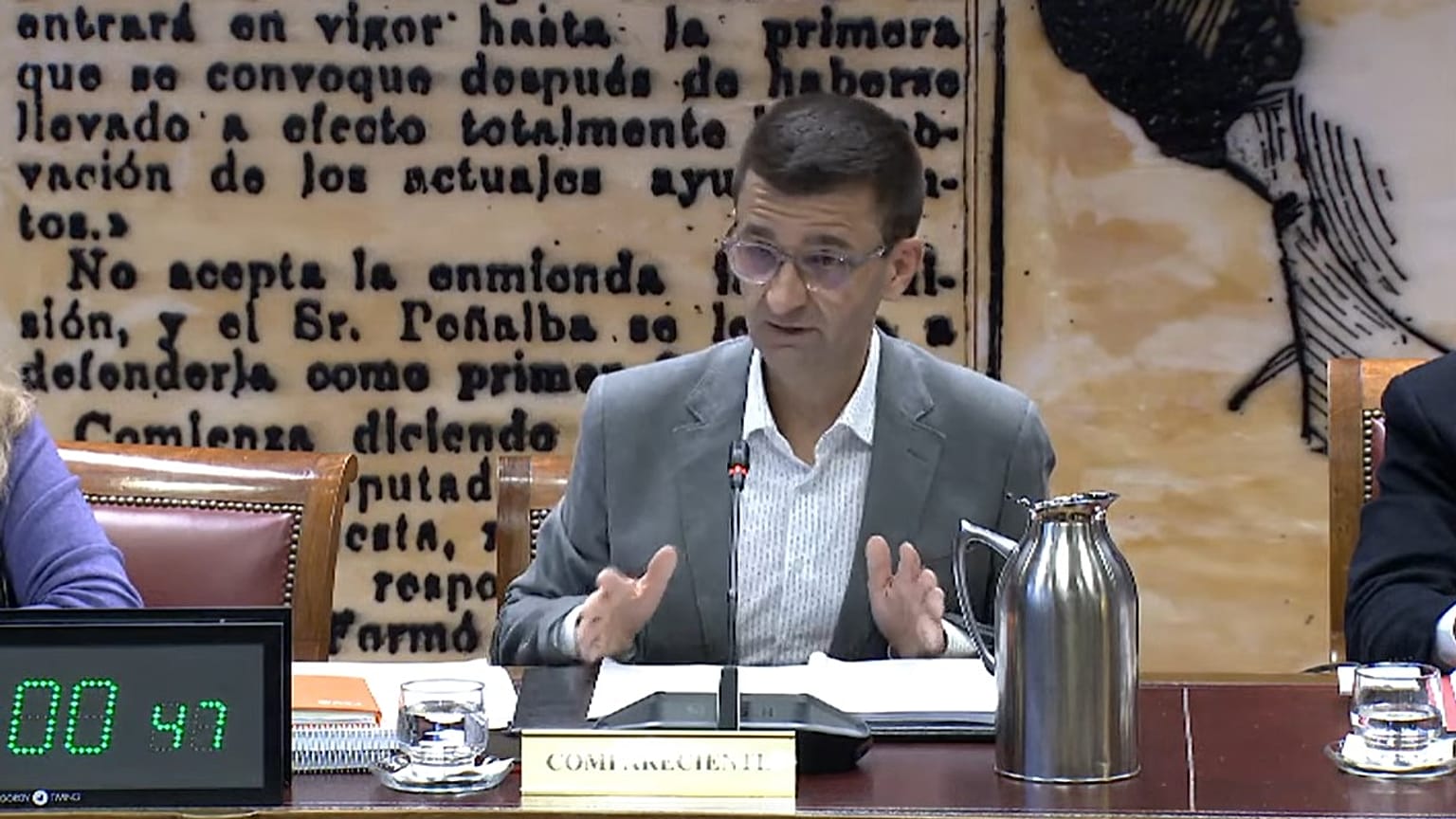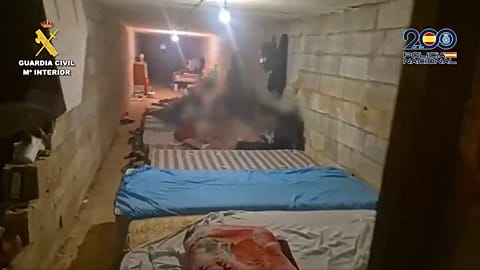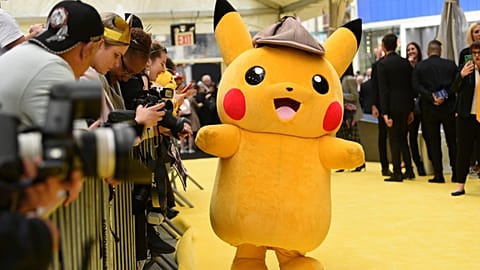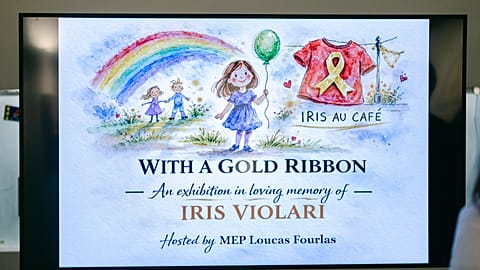After weeks of moves by delegations such as the Austrian delegacy, which is pushing to keep the country accused of perpetrating genocide at Eurovision, José Pablo López has reiterated RTVE's initial position: it's either Spain or Israel for Eurovision 2026.
"Eurovision is a contest. Human rights are not".
 ADVERTISEMENT
ADVERTISEMENT
 ADVERTISEMENT
ADVERTISEMENT
The president of the Corporación de Radio Televisión Española (RTVE), José Pablo López, has defended the public broadcaster's initial position, after weeks of speculation about the fate of next year's Eurovision Song Contest. The head of the public broadcaster has reiterated that the Spanish delegation will not participate in 2026 if Israel is allowed to compete.
Three weeks ago, Lopez's Austrian counterpart went so far as to travel to Israel, the current Achilles heel of the European Broadcasting Union (EBU), to openly defend the participation of the country accused of perpetrating genocide through hundreds of thousands of murders, forced displacements, the use of famine as a weapon of war and a recent post-war agreement that, according to experts in the field, is not being fulfilled.
Eurovision is one of the greatest weapons of soft power that European diplomacy has, as it is one of the most widely followed live shows in the world. But the rules are clear: no political posturing is allowed.
López referred to this as his second argument to defend the position of RTVE, the first being genocide.
"Israel has used the contest politically, has tried to influence the result and has not been sanctioned for this action, which has taken place in at least the last two years," denounced López. "Any other country that had carried out this use of the contest, I assure you that it would have been sanctioned and temporarily suspended."
López refers to the performances of Eder Golan and Yuval Raphael in the last two years. Both Israeli contestants defended in their lyrics the view of Benjamin Netanyahu's government on the events surrounding the 7 October attacks and the events that followed. One of the biggest sponsors of the contest, moreover, is a company with Israeli capital: Moroccanoil.
López also addressed the director of Eurovision: "Mr Martin Green said that television stations and artists do not represent governments, and that this is a cultural contest. And of course, I wonder:Is Mr Green suggesting the return of Russian or Belarusian broadcasters to the contest? I trust not, because we all know that if those broadcasters were to return, they would use it in a similar way to Israel, because for them the competition is much more than that and has a very important political derivative".
An EBU general assembly is scheduled for 4 and 5 December to discuss the issue. Spain, as one of the five biggest contributors to the organisation, has an important weight in the festival.
The Board of Directors of Radiotelevisión Española took the decision to withdraw from the competition the same morning that the United Nations certified, through the report of an 'ad hoc' investigative committee, that Netanyahu's government had been perpetrating genocide against the population of the Gaza Strip. Spain joined countries such as Iceland, Slovenia, Ireland and the Netherlands in calling for the same boycott of Eurovision.

















